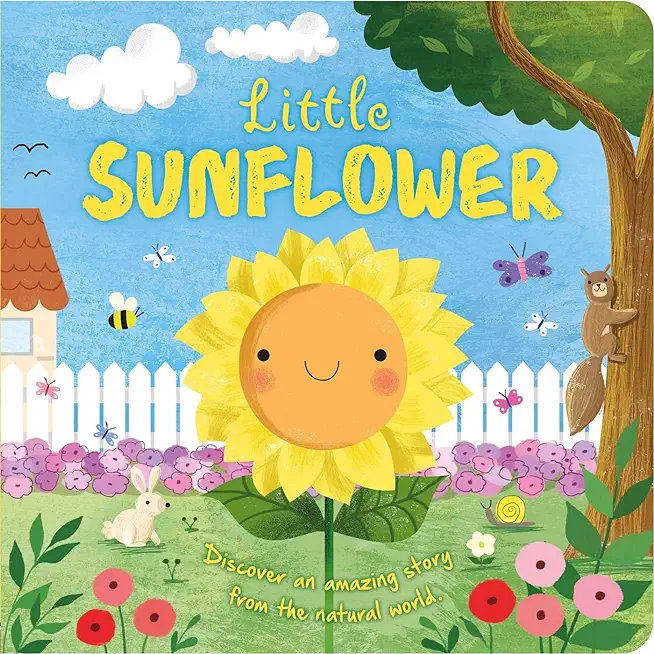
In "Tradition and the Individual Talent," T. S. Eliot wrote that the "historical sense, which is a sense of the timeless as well as of the temporal and the timeless and of the temporal together, is what makes a writer traditional. And it is at the same time what makes a writer more acutely conscious of his place in time, of his own contemporaneity."
In this poetry collection, Philip J. Kowalski inserts himself into history and tradition yet emerges as a contemporary poet of the American cultural landscape. From poems that showcase strict form such as the sonnet, to hybrid poems that blend prose and the lyrical, Canine in the Promised Land engages in poetic tradition and offers witty, ironic, and poignant poems that readers will find thought-provoking, amusing, and profound.
The title of the collection bespeaks Kowalski's interest in the natural world that he explores nostalgically and critically. The poems mourn the loss of an environmental integrity but also implicitly plead for a post-modern solution. Kowalski also lyricizes the human condition such as the bliss of love, the pain of separation, and the chill of personal loss. In this collection, Kowalski captures the ambiguity and play of life, and renders it in memorable and remarkable form.







